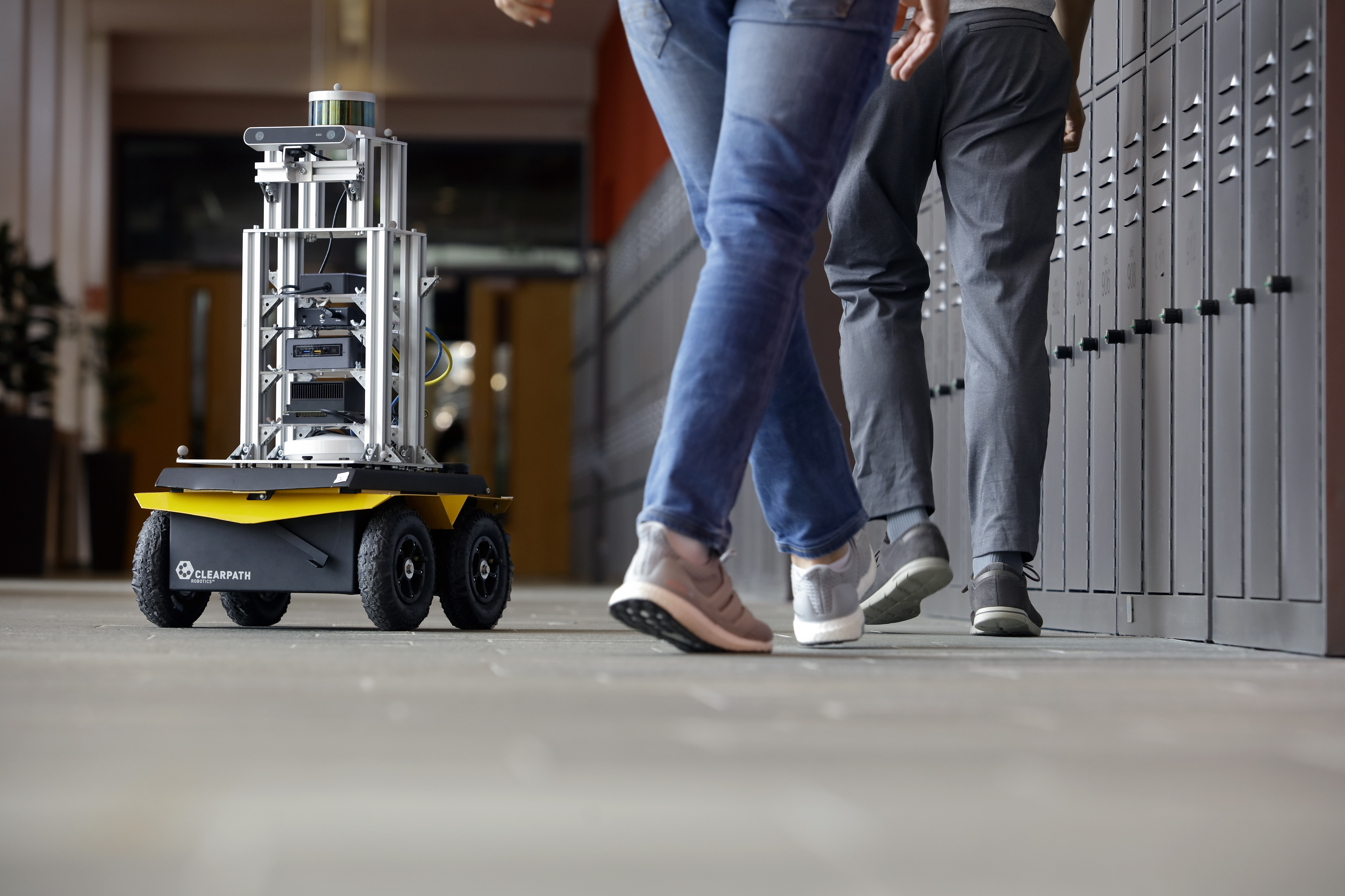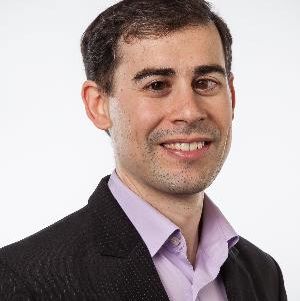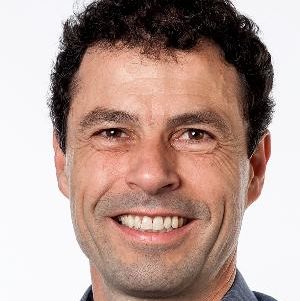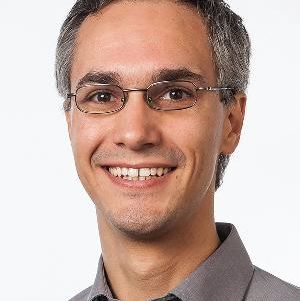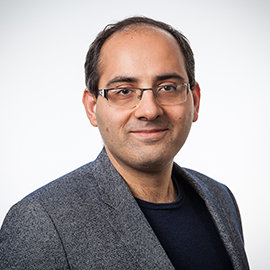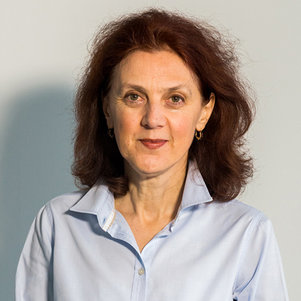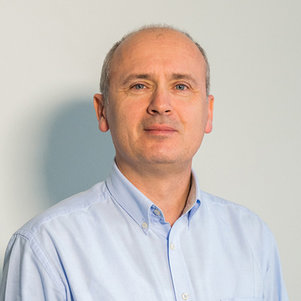3mE-onderzoekers partner in twee NWA-ORC consortia
Delftse onderzoekers gaan in negen consortia met de gehele kennisketen en maatschappelijke organisaties aan de slag met interdisciplinair onderzoek waarmee wetenschappelijke en maatschappelijke doorbraken binnen bereik komen. Faculteit 3mE neemt deel aan twee van deze consortia. Onderzoekers Javier Alonso-Mora, professor Robert Babuska en Jens Kober van de afdeling Cognitive Robotics (CoR) gaan aan de slag met interdisciplinair onderzoek op het gebied van ‘Hersenen en AI voor veilige slimme machines’. Professor Amir Zadpoor en onderzoekers Lidy Fratila Apachitei en Julian Apachitei werken binnen het consortium DARTBAC (Dutch Antimicrobial Resistance Technology development and Biofilm Assessment Consortium) aan nieuwe technologische oplossingen voor het explosief toenemende probleem van antimicrobiële resistentie (AMR).
Hersenen en AI voor veilige slimme machines
Mensen kunnen gedrag van anderen goed voorspellen, machines niet. Dit maakt het integreren van ‘slimme’ machines in onze samenleving moeilijk. Het consortium ‘Hersenen en AI voor veilige slimme machines’ onderzoekt mechanismen van menselijk gedrag. Deze mechanismen kunnen als ‘neuroware’ in AI-algoritmes geïmplementeerd worden voor het besturen van slimme en autonome machines in onze samenleving, en dit volgens nieuw gedefinieerde wet- en regelgeving. Dit consortium ontving een startimpuls van 3,5 miljoen.
Javier Alonso-Mora: “Imagine a daily commute though one of our busy cities. As a human, you are aware of your environment and can manage to navigate safely despite the inherent uncertainty, even in extremely crowded areas. This level of reasoning is notoriously difficult for autonomous vehicles or robots. In this project we will collaborate with experts in brain and social research and we will develop behavior prediction models for automotive autonomous agents and methods for motion planning that account for the interaction with other agents and that allow them to take calculated risks. We look forward to the collaboration with CWI, 2getthere and all the partners of the consortia.”
DARTBAC: Dutch Antimicrobial Resistance Technology development and Biofilm Assessment Consortium
Opkomende antimicrobiële resistentie (AMR) zal antibiotica veel minder effectief maken bij infectiepreventie en -behandeling. DARTBAC zal nieuwe antimicrobiële technologieën ontwikkelen die niet gebaseerd zijn op antibiotica om dit probleem aan te pakken. Gezamenlijk brengt DARTBAC de hele kennisketen samen rond de ontwikkeling van nieuwe materiaaltechnologieën ter bestrijding van AMR. NWO verstrekte dit consortium een subsidie van 9.8 miljoen. Aanvullend dragen de industrie partners van het DARTBAC-consortium nog eens een additionele bijdrage van 1.3 miljoen euro bij aan het budget. Lees meer: https://nwa-dartbac.nl/
Amir Zadpoor, professor Biomaterials & Tissue Biomechanics: “Antibiotic resistance has been worsening much faster than the pace of the development of new antibiotics. Super-bugs that are resistant to most (if not all) known antibiotics are already costing lives. Superbugs are also becoming quickly resistant to even the most recently developed antibiotics. We have to prepare for a doomsday scenario where antibiotics are not the silver bullet that there are today. In this project, we will develop alternative biomaterial-based solutions for killing bacteria that break the vicious cycle of antibiotic development-bacterial resistance, and could save many lives particularly in relation to implant-associated infections.”

